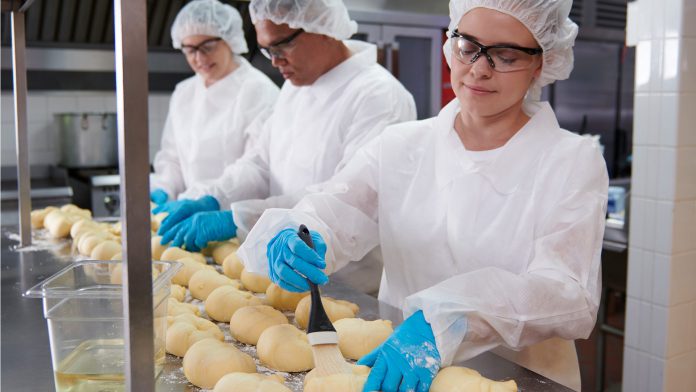
If you think about it, the food industry is quite a ‘people-centric’ business. When people trust us implicitly to produce food products that are safe and nutritious for consumption, any level of contamination on the production line is unacceptable. Yet the World Health Organization estimates that over 600 million people fall sick from contaminated food every year. The reality is that our production lines may have a hygiene problem.
An effective fix: remind employees that their work affects billions worldwide. The food industry can – and should – constantly highlight this fact throughout production, and during training for food hygiene and safety. Here are some areas that employees should focus on, to make their training sessions more effective:
● Focus on the ‘why’: Emphasize the purpose of good hygiene, and the responsibility that the food industry holds over the consumer wellbeing. Your people may be more invested in upholding hygiene procedures during production when they understand the stakes and the role they play in prevention.
● Establish clear process: Ensure clarity around food hygiene and safety procedures and hazards throughout the production line, particularly around simple measures like hand hygiene and personal cleanliness.
● Conduct monthly refreshers: Food contamination is an ever-evolving risk, and production managers should conduct monthly refresher courses and regular staff or site reviews to ensure that the quality of food safety and hygiene procedures remain updated.
It’s in everyone’s interest that food contamination be kept to the lowest minimum possible – if not eliminated entirely. The food industry should emphasize the ‘humanistic’ side of their business – and encourage their people to do the same.
Beyond that, food businesses should also consider working with industry partners, particularly those with deep knowledge of food safety and hygiene practices. Partners like Kimberly-Clark Professional can even provide recommendations on the right equipment, tools and procedures that food businesses can integrate into their best practices.
Ultimately, food safety is a collective effort, one that requires food businesses to work in tandem with its suppliers, distributors and business partners. Those that successfully do so, however, will be in a position to reap its business benefits for years to come.










